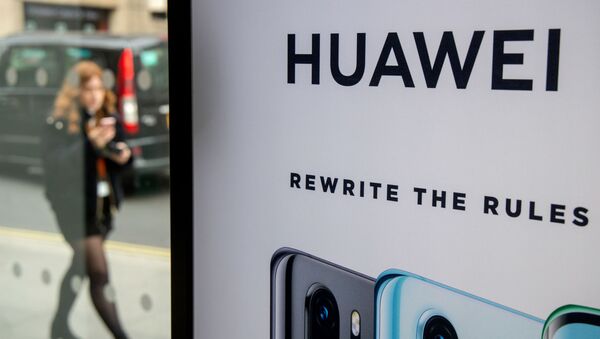A fresh war of words erupted between speakers from Huawei and US Department of Defence (DoD) at the RSA Conference in San Francisco, CNET reported on Wednesday.
Speaking on the subject of supply chain security, Katie Arrington from the DoD said that the Trump administration had good reason to block Huawei from government IT infrastructure.
Huawei US chief security officer, Andy Purdy, hit back by slamming the comments as being the "wrong approach", adding that Washington was implementing a policy of "rip and replace" and that officials could find better ways to build trust by monitoring manufacturing closely.
But Ms Arrington insisted that removing Huawei equipment was the only option, stating that the risk was "so high" and that US officials could not allow sensitive information to be accessed by another country, "end of story, period".
The panel discussion, moderated by Agelight Advisory Group consultant, Craig Spiezle, included panelists Bruce Schneider, security technologist, researcher and lecturer from the Harvard Kennedy School, Bruce Schneier, and R Street Institute fellow Kathryn Waldron.
"Security will come at the expense of surveillance," he added.
The Trump administration's decision to block Huawei from US infrastructure was due to alleged ties between Huawei and the Chinese government, Ms Waldron told the audience.
But she later admitted: "All countries are engaged in spying. I don't think that's a surprise to anyone.
Comments made at the conference come after a Huawei spokesperson blasted allegations published in a Wall Street Journal report in mid-February stating it had proof that the Chinese tech giant was using "backdoor" technologies in its equipment to spy on behalf of Beijing. But a report from the Washington Post revealed that the Central Intelligence Agency had spied via a Swiss cryptography firm, Crypto AG, using backdoors to over 120 governments worldwide.
The ongoing trade war between the US and China escalated after US president Donald Trump placed Huawei, ZTE and over 70 Chinese tech firms on an entities list in May last year, barring US tech firms such as Microsoft, Google and others from from buying and selling with the company.
But the US extended licences to trade for an additional 45 days in February, despite attempts to block the Chinese firm from expand in the global 5G and tech markets after the UK, France, Germany and other European states approving limited collaboration with the Shenzhen-based company on building national 5G infrastructure, with strict controls.




